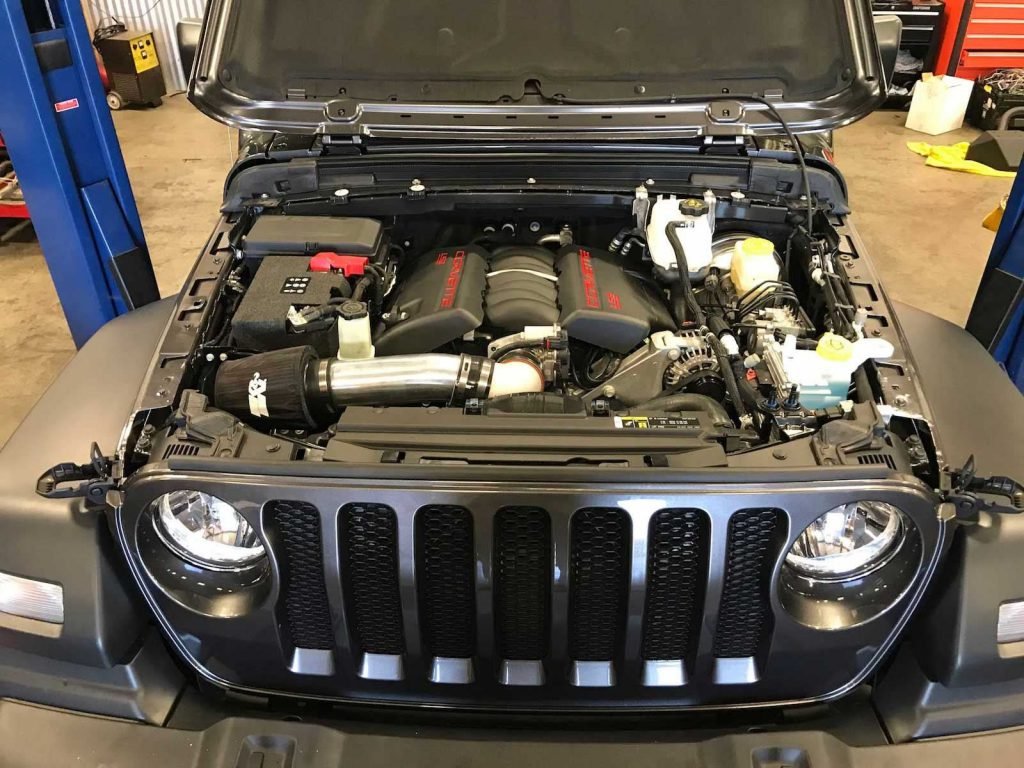So much for saving on fuel costs.
Aside from the desire to help save the planet, people also buy Teslas to save money on fuel. They simply don’t require it. Instead, they charge their electric vehicles at home or at a Tesla Supercharging station at far lower prices. Fully charging a Tesla at home, for example, costs around $18, which is based on an average price of $0.14 per kWh of electricity.
But things are now a bit different following the extreme winter storm that struck Texas last week. As the Lone Star state works frantically to get the lights back in every city and town, the price of electricity has increased dramatically.
According to Fox Business, electricity prices have soared in Texas in recent days, exceeding the grid’s $9,000 per megawatt-hour cap. Normally this amount is just $25 per megawatt-hour. This price surge means that charging a Tesla can reach $900. The Electric Reliability Council of Texas (ERCOT), which operates the electric grid and also manages the energy market for three-quarters of the state, was powerless (no pun intended) to avoid electricity price hikes.
ERCOT utilizes a real-time auction system with providers getting paid the highest price from their accepted bids. Power plants are not purposely letting prices get out of control, but they’re not exactly complaining when it does happen.
Basically, these ridiculous high power prices could have been avoided if Texas had a more conventional Public Utilities Commission to set a guaranteed rate of return instead of the deregulated system it currently has. In addition to wind turbines and in-state oil and gas production, Texas also uses generators but they also took a hit because they require fossil fuels to function.
Meanwhile, construction has been temporarily halted at the upcoming Tesla Cybertruck Gigafactory in Austin, Texas because of this wintry weather and a lack of, ironically, electricity.
Source Credits:



